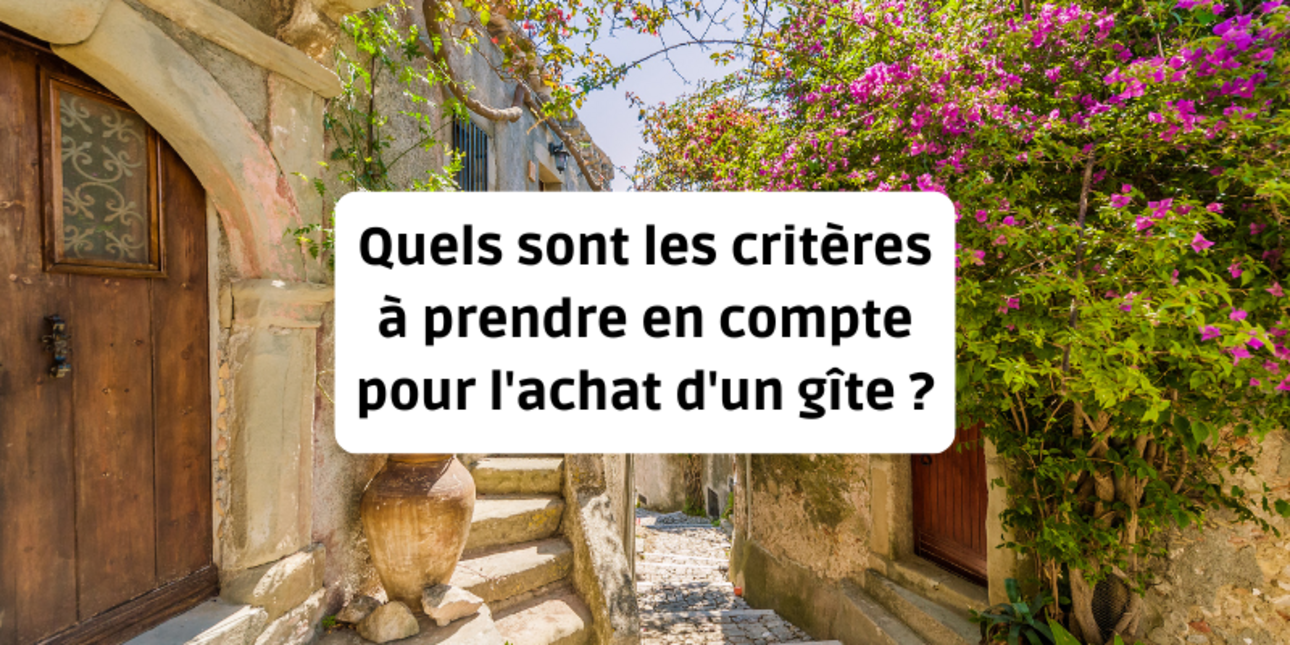
The purchase of a house to be used as a gîte is an important decision that requires careful thought and analysis of a number of essential criteria. Whether you're considering investing in a gîte to diversify your income or as a lifestyle change, it's crucial to consider a number of aspects before embarking on this adventure. In France, buying a gîte can be an excellent option for those looking for a profitable and rewarding business.
In this article, we'll explore the main criteria you need to consider to make an informed choice and ensure the success of your gîte project gîte purchase.
Location is undoubtedly one of the most important criteria to consider when buying a gîte. A good location can make the difference between a successful gîte and a disappointing investment.
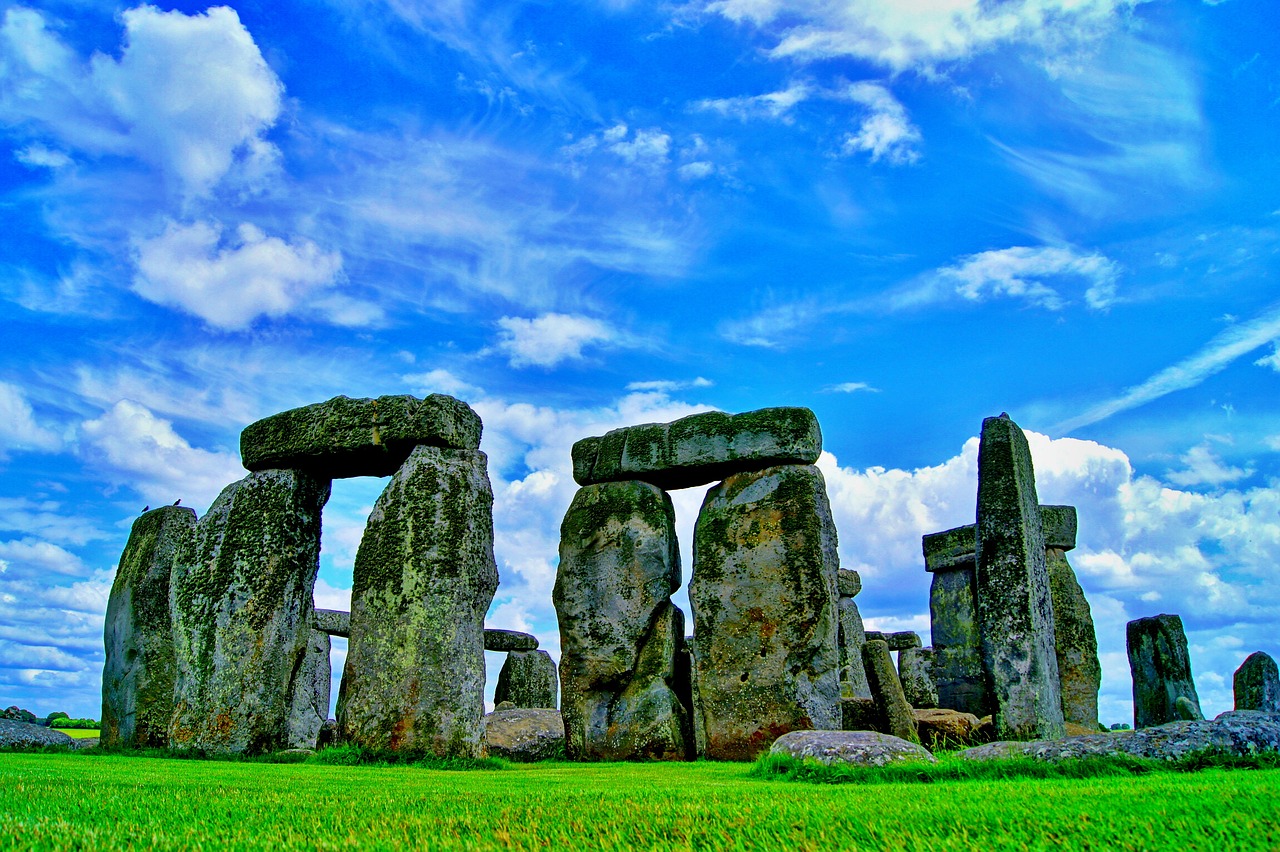
It is essential to choose a gîte located close to the region's popular tourist attractions. Travellers generally appreciate easy access to local attractions, including historical monuments, natural parks or picturesque beaches. Make sure your gîte is well positioned in relation to these points of interest. A tourism organisation can also help you to better understand the needs of your customers and guests.
The accessibility of your gîte is another crucial factor. Check how close you are to main roads, train stations or airports. The easier your gîte is to reach, the more attractive it will be to potential customers. It's also important to assess the management conditions to ensure the best possible experience, both for you as the owner and for the guests.
The setting of your gîte also plays an important role. Quiet surroundings, pleasant views or a spacious garden can be major assets in attracting holidaymakers looking for tranquillity and nature. A rural setting can be particularly attractive to tourists looking to recharge their batteries. It is also important to highlight the region's natural assets to attract a varied clientele.
When considering the purchase of a gîte, it is crucial to assess the condition of the property and anticipate any work that may need to be carried out.
Make a thorough inspection of the property to assess its general condition. Check the condition of the roof, walls, electrical and plumbing installations. These elements can have a significant impact on your future maintenance and renovation costs. Carrying out this inspection with an expert can help identify any needs for updating.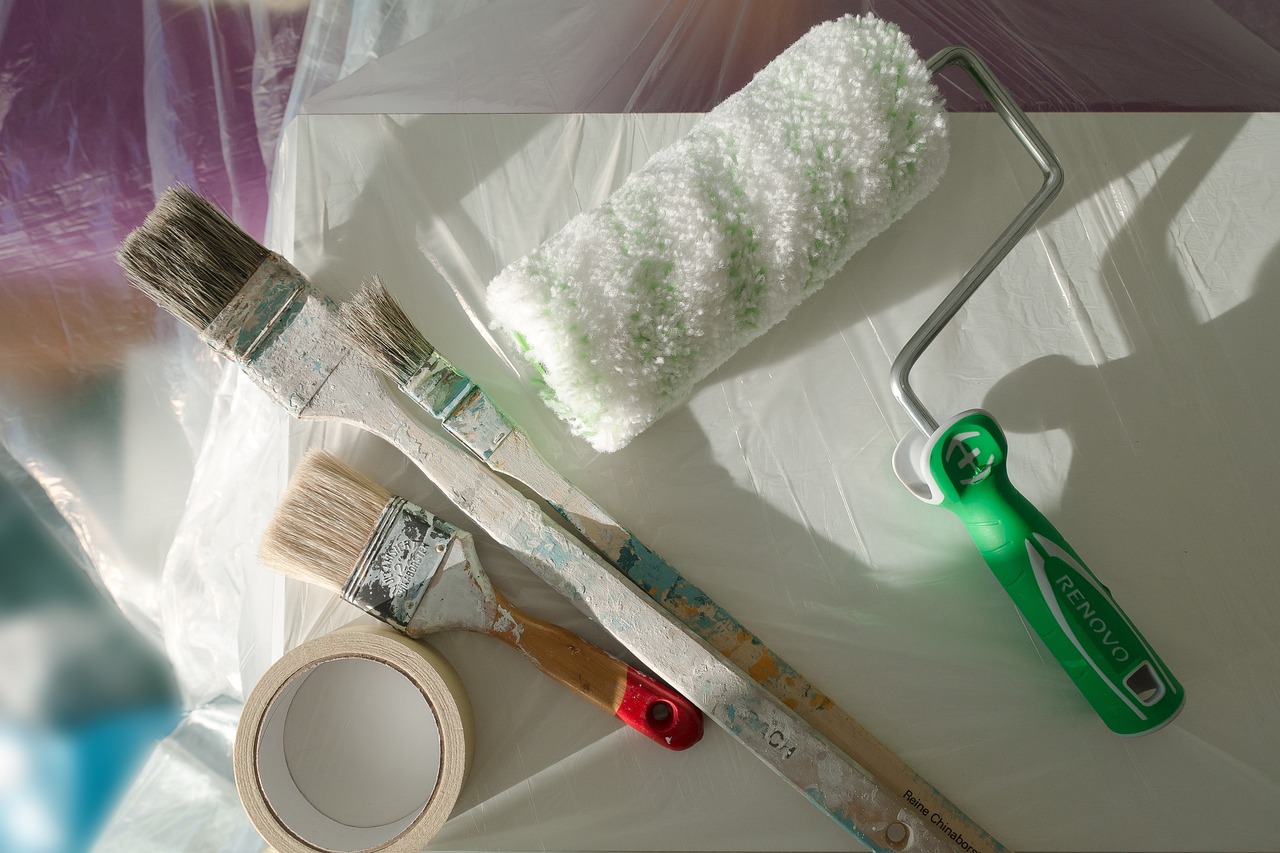
If any work is required, estimate its cost and duration. This will help you assess the return on your investment and plan your budget accordingly. Obtaining quotes from building professionals can help you make an accurate estimate. In France, it is common practice to take out a loan to finance these renovations. The amount of the initial deposit may vary depending on the bank you choose and the financing terms on offer.
Make sure that the gîte complies with current health and safety standards. This includes fire regulations, accessibility for people with reduced mobility, and health regulations. Compliance with safety regulations is essential to avoid any contracts that are not in line with current legislation.
Buying a gîte is first and foremost an investment, so it's essential to assess its potential for profitability.
Study the local tourist accommodation market. What are the prices in the region? What is the average length of stay? This information will help you estimate your future income. In France, the occupancy rate of a gîte can vary depending on many factors, including seasonality and proximity to tourist attractions. School or summer holidays can have a direct impact on your turnover. A bank will also be able to help you assess potential profits and determine whether the business model is viable.
Take into account the seasonal nature of tourist activity in the region. Some areas are very busy in summer but deserted in winter. Consider whether your gîte will be able to generate income throughout the year, or whether you will need to compensate for slack periods. You may want to consider taking a marketing course to help you manage slower periods. You can also attract a wider audience by using promotional strategies on social networks.
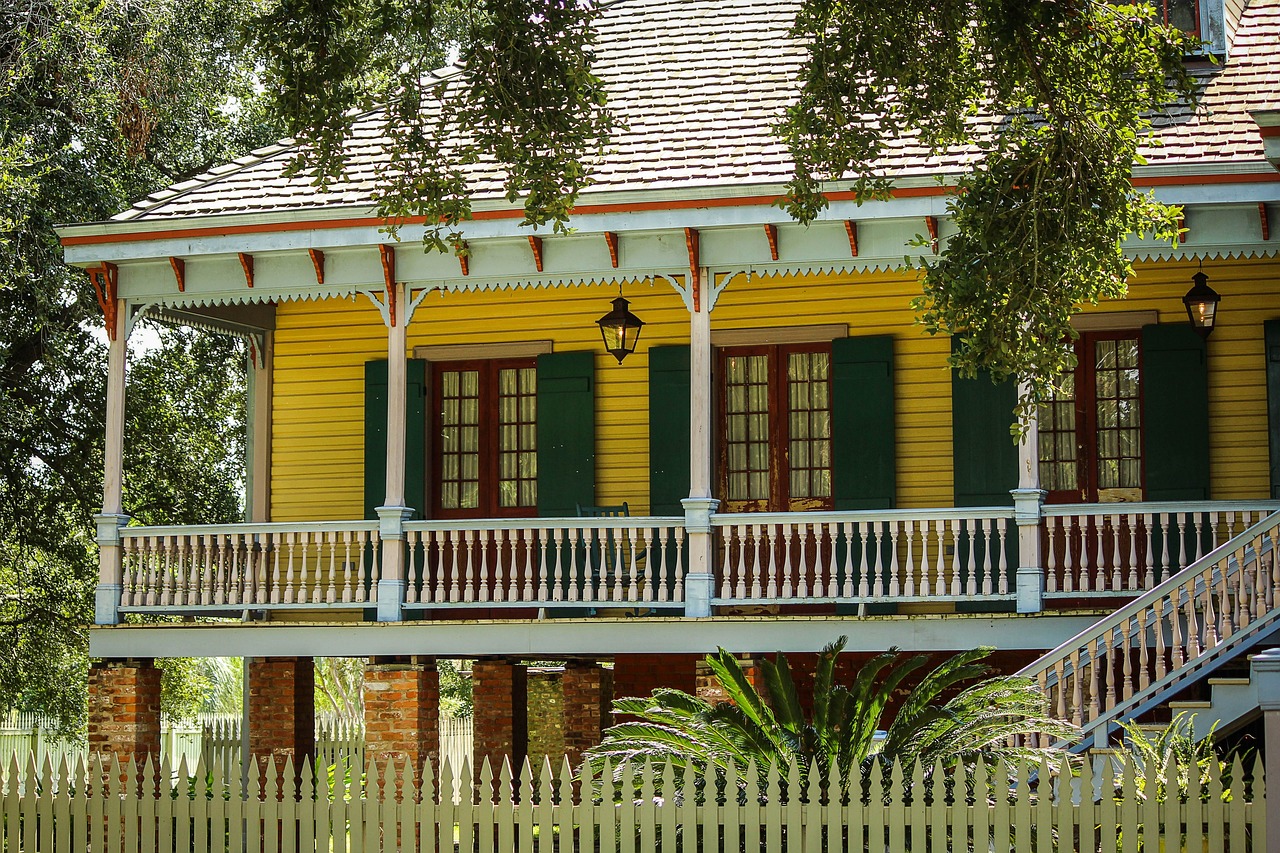
Don't forget to estimate the running costs of your gîte. This includes running costs (water, electricity, heating), maintenance costs, local taxes, and possibly staff costs if you plan to take on staff. Managing these costs effectively is essential to ensure the profitability of your business. You will also need to declare this income and ensure that the tax system you choose is the most advantageous for you. Renting under the LMNP (loueur en meublé non professionnel) status may offer certain tax advantages.
The capacity and facilities of your gîte will largely determine its appeal to customers.
Think about the type of clientele you want to attract. Do you want to target couples, families or large groups? The number of bedrooms and beds should match your target audience. If you plan to attract families, make sure your accommodation has enough space and the right facilities. Offering quality service is crucial to getting good returns.
The facilities and services on offer can make all the difference to guests. A well-equipped kitchen, Wi-Fi connection, swimming pool or wellness area can be major assets for your gîte. Offering a quality product at good value for money is essential. Interior design can also play an important role in the appeal of your gîte. The materials used must be durable and aesthetically pleasing to create a pleasant environment.
Assess the potential for extending your gîte. Is there the possibility of adding extra rooms or facilities in the future? This could enable you to develop your business over the long term. Having space to create new leisure options can also attract more customers.
Buying and running a gîte involves a number of legal and administrative formalities that should not be overlooked.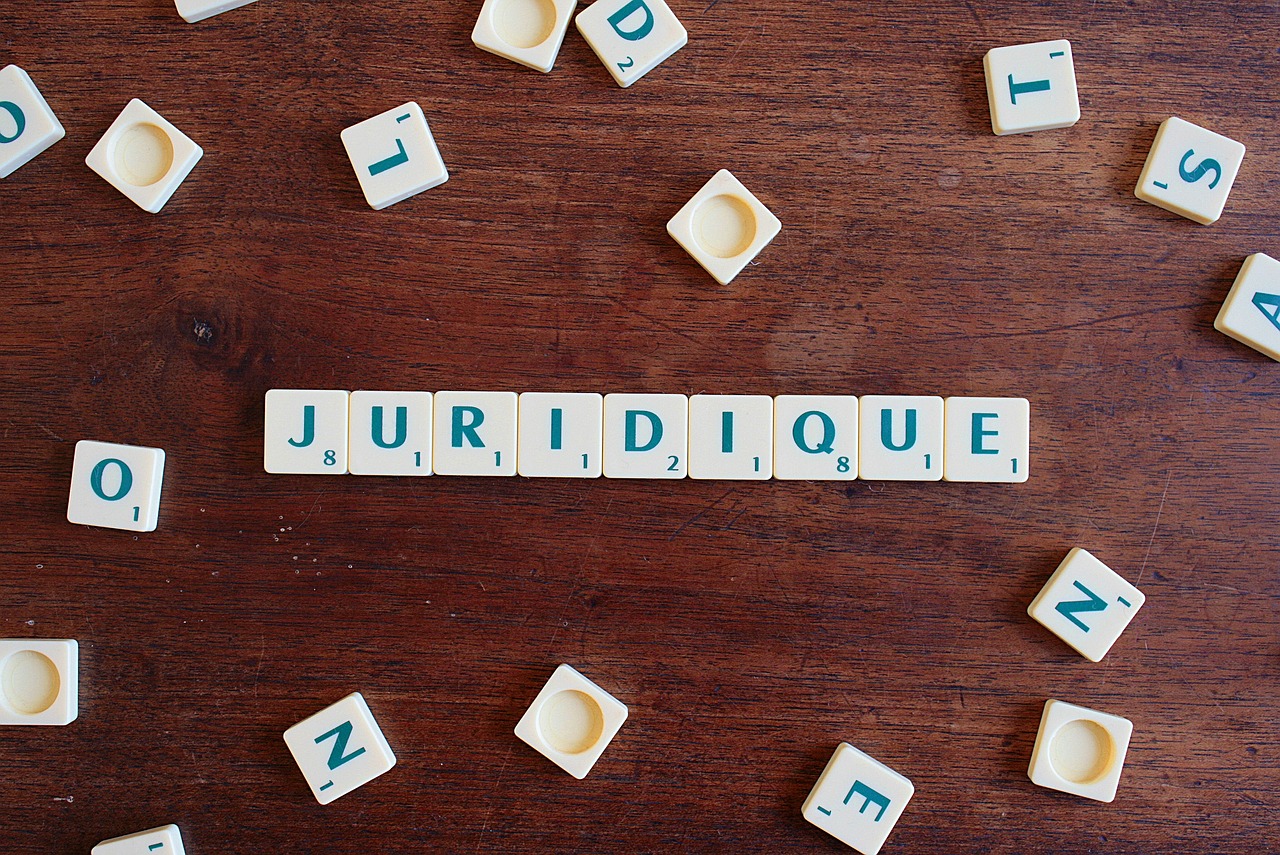
Choose the legal status best suited to your situation. This could be a sole proprietorship, a limited liability company (SARL) or a non-trading property company (SCI), for example. Each status has its advantages and disadvantages in terms of taxation and responsibility. Entrepreneurs must have a clear understanding of the tax and social security rules involved in running a gîte. The title to the property must also be clear and free of any legal issues.
Find out about the authorisations and declarations required to run a gîte in your local area. This may include making a declaration at the town hall, obtaining a SIRET number, or obtaining authorisation for a change of use if the property was previously a principal residence. Following these procedures is essential if you are to comply with the rules in force.
Don't forget to take out the necessary insurance to cover your gîte business. Multi-risk home insurance specifically for furnished tourist accommodation is generally recommended. Obtaining a label can also reassure your customers about the quality of your gîte.
Before concluding, here is a summary of the main criteria to consider when buying a gîte:
Buying a gîte is an exciting project that requires a great deal of thought and careful analysis of a number of criteria. By taking into account all the aspects mentioned in this article, you'll increase your chances of success and be able to embark on this new adventure with peace of mind.
Don't forget that every project is unique, and that it's important to define your personal objectives clearly before committing yourself. With the right preparation and a clear vision of what you want to achieve, buying a gîte can be a rewarding experience, both personally and professionally.
Seeking the advice of a property expert or gîte manager can also be an effective way of getting valuable training or help with your project.